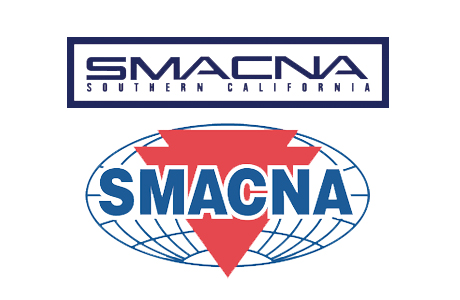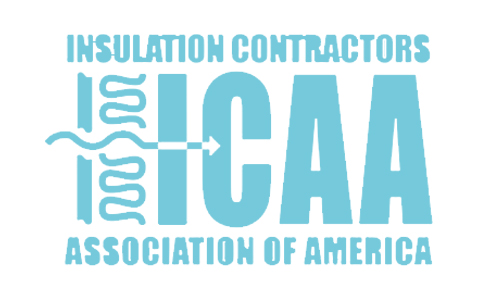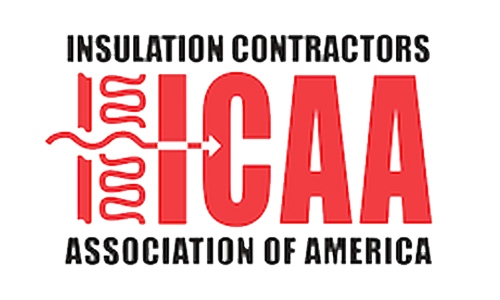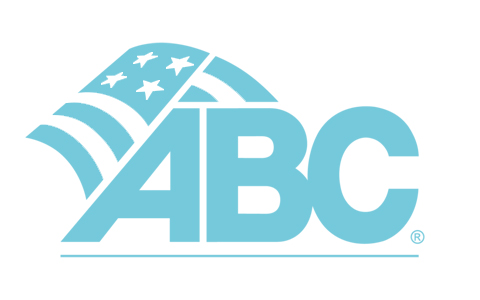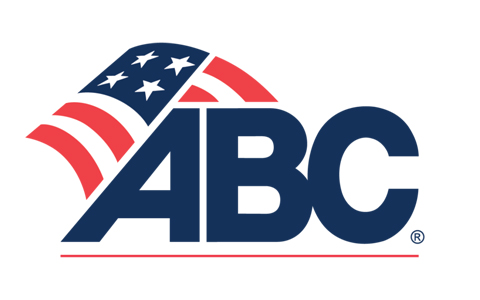With the downturn in the economy and the freezing of the credit markets, many owners have stopped construction projects midstream, some being placed on hold with plans to resume upon the availability of funding, and others just mothballed indefinitely. Rarely are these owners with interrupted projects able to pay their contractors and suppliers in full before the project is stopped. Quite commonly, many involved in the projects are awaiting payments when they are told to stop work. Frequently, contractors are asking what to do to protect their rights after a project has been placed on hold.
The first priority in dealing with any troubled project should be to secure payment to the extent possible. This means on private projects filing a mechanic’s lien, stop notice and occasionally a payment bond claim; and a stop notice and payment bond claim on public projects. As most of you know, the timing of these remedies runs from “completion” of a project. However, in the case of a project stopped before actual completion how long should a contractor wait? The California statutes have provided an answer to this at Civil Code section 3086. This section provides that a project is deemed complete by operation of law at 60 days after cessation of labor, or after 30 days of a continuous stoppage of work the owner may record of a notice of cessation and the project will be deemed complete on that date. So if a project is stopped and no work is done during a sixty day period (not just your particular work but all work on the entire project), the project is complete. After that point, mechanic’s lien, stop notice and payment bond rights will run from that completion date.
Just as the law allows a notice of completion to condense the timeframes for the payment rights identified above, it also provides a method for the owner to shorten those rights by recording a notice of cessation of labor. This document is recorded with the County Recorder where the project is located, and unlike a notice of completion, there is no statutory requirement that the owner serve this document on the contractors who served preliminary lien notices for the project. When recorded, the Notice of Cessation reduces the initiation time for a mechanic’s lien, stop notice and payment bond by 30 days. Therefore, stopped projects should be watched closely and contractors should not delay in pursuing payment rights. After a stoppage for 30 days, the contractor should assume that statutory payment deadlines have started to run and the contractor should act accordingly to protect its rights.
Another issue that often arises on these mothballed projects is defect or personal liability. What if the project is stopped half‐way through completion and inadequate measures have been taken to secure and weatherproof the construction site? Contractors are expressing concerns about potential liability for theft, vandalism, trespassers and deterioration of construction materials left at the site. Most contracts provide that the contractor remains liable for the construction materials until they have been incorporated into the project and accepted by the owner. However, a contractor is rarely in a position to protect and safeguard its materials on a construction site after it has been vacated. If possible, a release should be obtained from the owner indicating that the contractor is accepting no responsibility for the condition of the construction site and materials during the delay. While ideal, such a release may be difficult if not impossible to obtain, which leaves the contractor with no choice but to document any and all concerns, as quickly and clearly as possible, to both the owner and the prime contractor. Additionally, if the contractor is asked to return to the project at some point, a detailed inspection should be conducted to discover any potential problems which have arisen during the delay and these issues should also immediately be addressed to the owner and/or prime contractor.
During these difficult financial times, contractors need to work smarter and be diligent about protecting their statutory payment rights. These rights have short deadlines and can easily be lost by not adhering to the requisite timelines. Also, protection against liability prevalent on an interrupted project should be sought even if the contractor is not successful in gaining the intended release. The mere documenting of the concerns could greatly reduce potential future liability. Riding out the construction downturn is possible and can even be profitable for those companies that are vigilant in protecting their legal rights.
This article was provided by Crawford & Bangs (https://builderslaw.com) and is intended to provide the reader with general information regarding current legal issues. It is not to be construed as specific legal advice or as a substitute for the need to seek competent legal advice on specific legal matters.






